“Oil for water”: A Turkish agreement places Iraq at the heart of an equation that confounds Iran.
 In a move described as unprecedented in the Middle East, Turkey is moving towards an agreement to release one billion cubic meters of water towards Iraq, in exchange for exporting half a million barrels of oil per day to Turkey.
In a move described as unprecedented in the Middle East, Turkey is moving towards an agreement to release one billion cubic meters of water towards Iraq, in exchange for exporting half a million barrels of oil per day to Turkey.
The deal, which appears purely economic on the surface, is fundamentally part of what a report by the Iranian Diplomacy website , translated by Shafaq News Agency, described as “Ankara’s grand strategy of using water as a geopolitical pressure tactic.” This policy, according to the report, has repercussions not only for Iraq but also for Iran, which is already facing an unprecedented water shortage.
Ankara and the water weapon
Since the 1980s, Turkey has embarked on its massive GAP project, which involves constructing dozens of dams on the Tigris and Euphrates rivers. This project has given Turkey a dominant position over the shared water resources with Iraq and Syria, transforming it over time into a dominant water power through which it practices what the regional press calls “blue diplomacy.”
With climate change worsening and rainfall becoming scarce, Ankara has leveraged this natural advantage to reshape the balance of power in the region. Building dams is no longer merely an engineering decision, but a tool for political and economic negotiation, and sometimes a means of deterrence.
Observers believe that the construction of new dams such as Karakurt, Tuzluja and Suyilmaz in the upper reaches of the Aras River threatens the water security of entire Iranian cities in West Azerbaijan, Kermanshah, Ilam and even Khuzestan.
Tehran: Between Thirst and Blackmail
The drying up of lakes such as Urmia and Hawr al-Azim, according to environmental reports, is not only a result of internal neglect, but also a direct consequence of the Turkish dam policy that has reduced the flow of rivers into Iranian territory.
Experts in Tehran believe that “Ankara has made water a strategic commodity that can be traded for oil or political concessions,” and that the recent oil move towards Iraq is a clear example of this approach, as it reinforces Turkey’s position as a player that controls a vital resource in the regional energy market.
In contrast, former Iranian diplomats warned that what is described as “water terrorism” threatens Iranian national security, after water scarcity became an issue where geography, politics, and security intersect.
In eastern Iran, the story is repeated, albeit with a different geography. Successive Afghan governments, from Ashraf Ghani to the Taliban, have also adopted a policy of damming the Helmand River, disregarding the 1973 agreement that guarantees Iran 820 million cubic meters of water annually.
“If Iran wants more water, let it pay with oil,” Ghani once said, and the Taliban put it into practice by opening the “Kamal Khan” dam and proposing projects to build twenty additional dams.
The result was tragic, with Lake Hamoun drying up, thousands of families displaced, and agriculture collapsing in Sistan and Baluchestan.
Former Iranian ambassador to Brazil, Seyed Ali Saghaian, believes that Turkey’s oil move is not just a deal, but a test of the extent to which countries in the region are willing to accept “the logic of immoral bartering”.
He tells Sharq newspaper: “Remaining silent about the oil-for-water policy will open the door for Ankara, the Taliban, and others to blackmail their neighbors. Iran, Iraq, Syria, and Armenia must reactivate their joint committees to protect their right to water resources.”
Saqayyan warns that Türkiye itself “is suffering from a severe internal water crisis in Ankara and Istanbul, and that the dam policy could backfire on it environmentally and socially.”
He adds: “It is a mistake to allow the normalization of the principle of water bartering, as water is not a commodity, but a sovereign right guaranteed by international conventions.”
For his part, Kurdish expert on regional affairs Salahuddin Khadiyo believes that Turkey and Afghanistan treat water as a “hard political currency”.
He says that Ankara “realized early on that water in the 21st century would replace oil in the balance of power,” taking advantage of its geographical location on the sources of rivers.
Khadija believes that “Turkey’s dam policy has contributed to exacerbating the crises in Syria and Iraq by intensifying drought and generating waves of migration and poverty,” adding that “the Taliban are practicing the same policy today, but in a more chaotic manner.”
He warns that continuing this approach will turn water from a source of life into a factor of conflict and instability, calling for “genuine regional diplomacy” conducted through cooperation, not threats.
The Middle East is on the brink of a great thirst
As the region approaches its driest decade, water appears to be a new nerve center of power. Turkey is projecting its strength through dams, Iran is defending its historical rights to rivers, Afghanistan is bargaining over the Helmand River, while Iraq teeters between water scarcity and energy dependence.
In this gloomy scene, Saqayyan says that “salvation will not come from water battles, but from water diplomacy.”
Shafaq.com
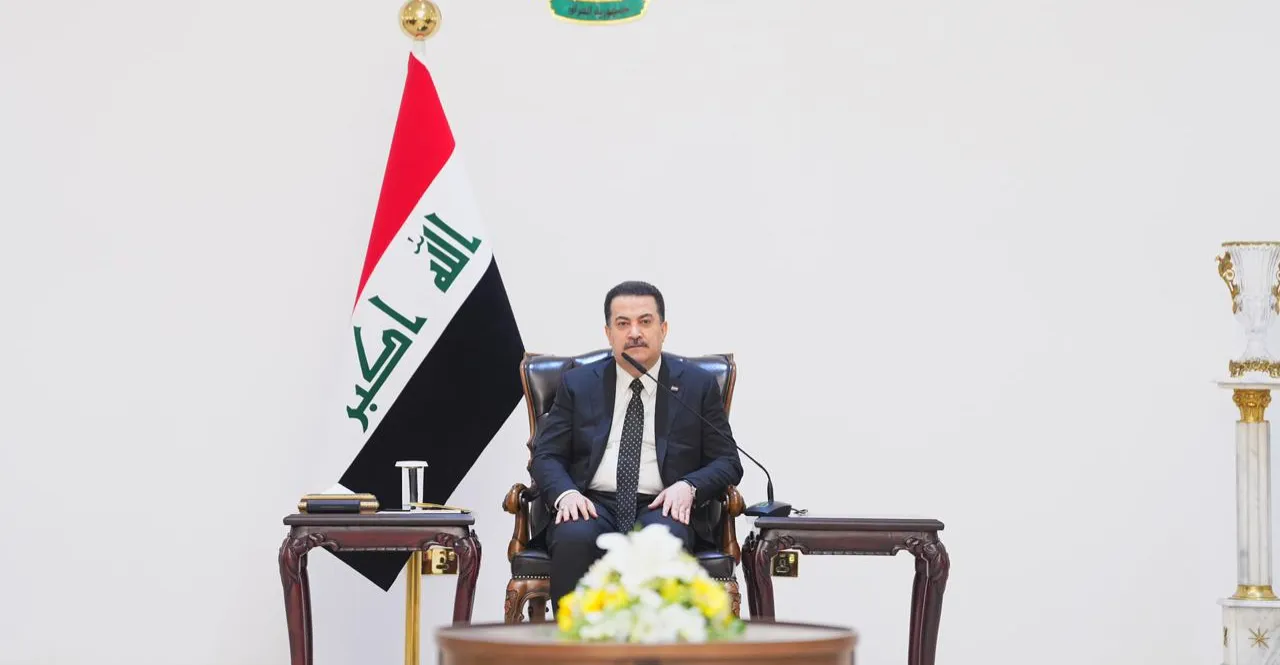 Prime Minister Mohammed Shia al-Sudani acknowledged on Friday the increase in the rate of government spending compared to the deficit in the country’s general budget.
Prime Minister Mohammed Shia al-Sudani acknowledged on Friday the increase in the rate of government spending compared to the deficit in the country’s general budget.
 The Central Bank of Iraq signed a joint cooperation agreement with National Bank of Kuwait-Bahrain in the capital Baghdad.
The Central Bank of Iraq signed a joint cooperation agreement with National Bank of Kuwait-Bahrain in the capital Baghdad.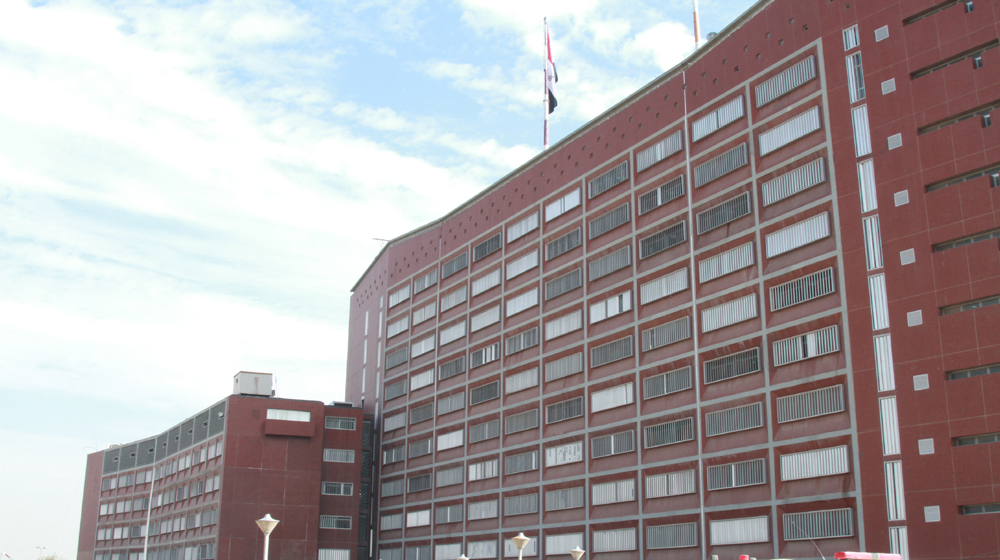 The Iraqi Ministry of Planning announced on Wednesday the economic indicators for the country for the first quarter of 2025.
The Iraqi Ministry of Planning announced on Wednesday the economic indicators for the country for the first quarter of 2025. In a move described as unprecedented in the Middle East, Turkey is moving towards an agreement to release one billion cubic meters of water towards Iraq, in exchange for exporting half a million barrels of oil per day to Turkey.
In a move described as unprecedented in the Middle East, Turkey is moving towards an agreement to release one billion cubic meters of water towards Iraq, in exchange for exporting half a million barrels of oil per day to Turkey.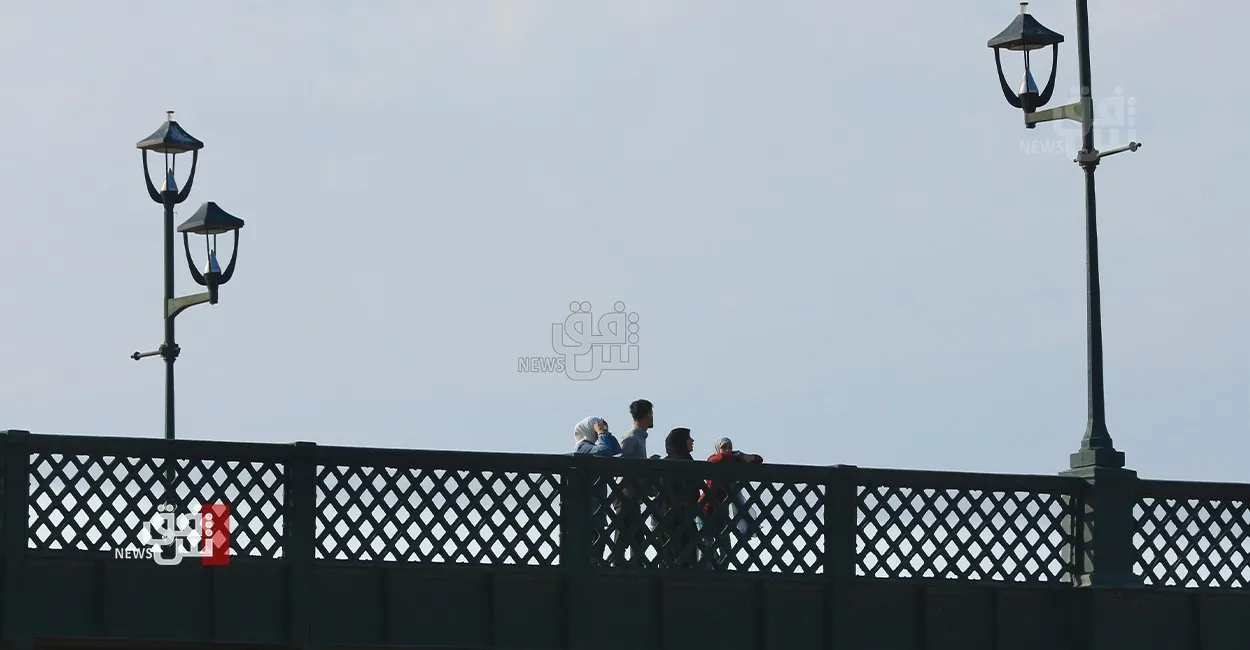 Iraq ranked 117th globally and eighth in the Arab world in the index of countries with the strongest international reputation, according to a report by the American magazine CEOWORLD.
Iraq ranked 117th globally and eighth in the Arab world in the index of countries with the strongest international reputation, according to a report by the American magazine CEOWORLD.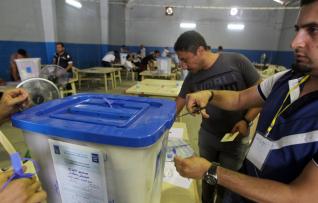 The Electoral Commission revealed on Tuesday (October 28, 2025) the details of the election holiday and the date of the special voting for the upcoming House of Representatives elections.
The Electoral Commission revealed on Tuesday (October 28, 2025) the details of the election holiday and the date of the special voting for the upcoming House of Representatives elections.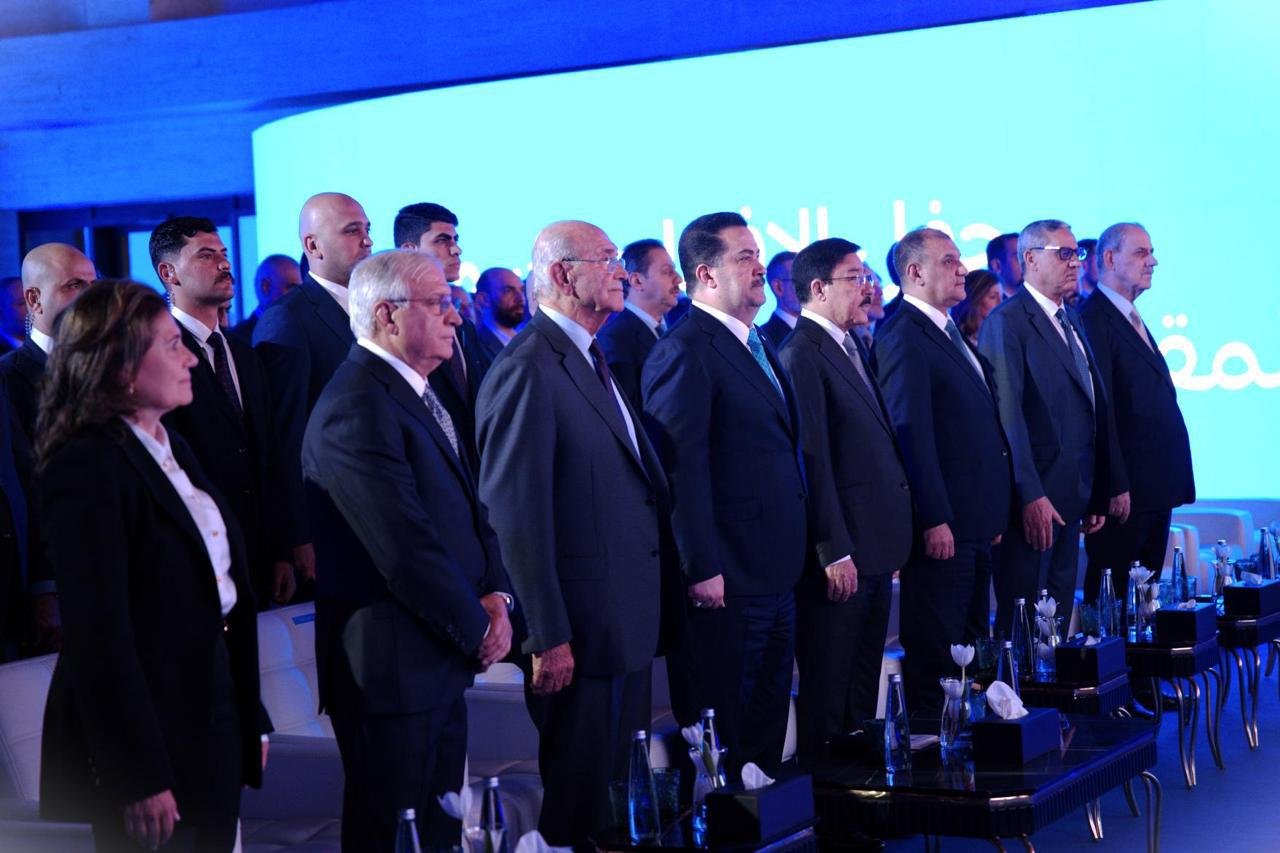 Iraq inaugurated its headquarters in Baghdad in the presence of Prime Minister Mohammed Shia al-Sudani, who affirmed that the bank’s presence represents a strategic addition to the national banking sector.
Iraq inaugurated its headquarters in Baghdad in the presence of Prime Minister Mohammed Shia al-Sudani, who affirmed that the bank’s presence represents a strategic addition to the national banking sector. The Central Bank of Iraq expects the amount of electronic payments to reach $60 billion by 2035, as part of the reform plan and the gradual abandonment of paper transactions.
The Central Bank of Iraq expects the amount of electronic payments to reach $60 billion by 2035, as part of the reform plan and the gradual abandonment of paper transactions.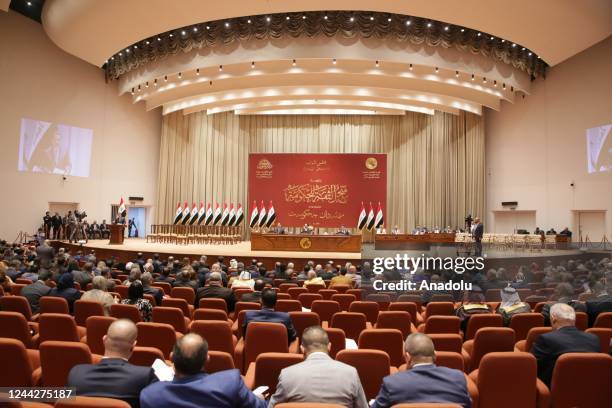 The head of the Parliamentary Legal Committee, MP Murtada Al-Saadi, confirmed on Tuesday that it is impossible to hold any session of the House of Representatives before November 11, due to the preoccupation of political forces and representatives with the ongoing election campaigns.
The head of the Parliamentary Legal Committee, MP Murtada Al-Saadi, confirmed on Tuesday that it is impossible to hold any session of the House of Representatives before November 11, due to the preoccupation of political forces and representatives with the ongoing election campaigns.